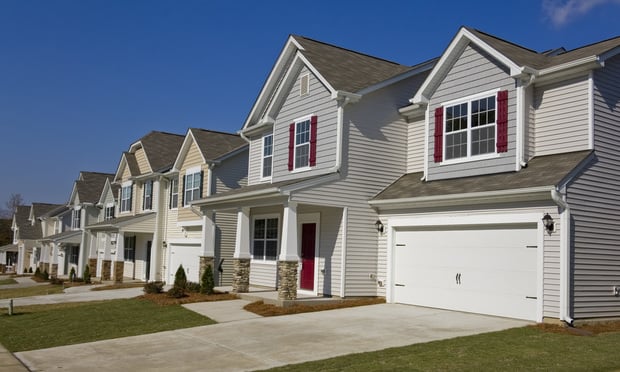The cannabis industry is shaking up the San Diego real estate market. According to a new report from Newmark Knight Frank, industrial properties planned or zoned for cannabis usage are selling for a 27% premium. Now local cities in the San Diego market are beginning to regulate production and sales of cannabis product, which will ultimately will change cannabis operations and investment.
"The cannabis industry has had a strong effect on the industrial market in San Diego. Specific changes brought upon by the recent introduction of dispensaries and cultivation/manufacturing plants have introduced new pricing trends, demand for certain zoned properties, acquisitions and dispositions, as well as relocation pursuits by neighbors and property owners alike who share opposition to the cannabis industry," Paul Britvar, a director at NKF, tells GlobeSt.com.
Recommended For You
Want to continue reading?
Become a Free ALM Digital Reader.
Once you are an ALM Digital Member, you’ll receive:
- Breaking commercial real estate news and analysis, on-site and via our newsletters and custom alerts
- Educational webcasts, white papers, and ebooks from industry thought leaders
- Critical coverage of the property casualty insurance and financial advisory markets on our other ALM sites, PropertyCasualty360 and ThinkAdvisor
Already have an account? Sign In Now
*May exclude premium content© 2025 ALM Global, LLC, All Rights Reserved. Request academic re-use from www.copyright.com. All other uses, submit a request to [email protected]. For more information visit Asset & Logo Licensing.









